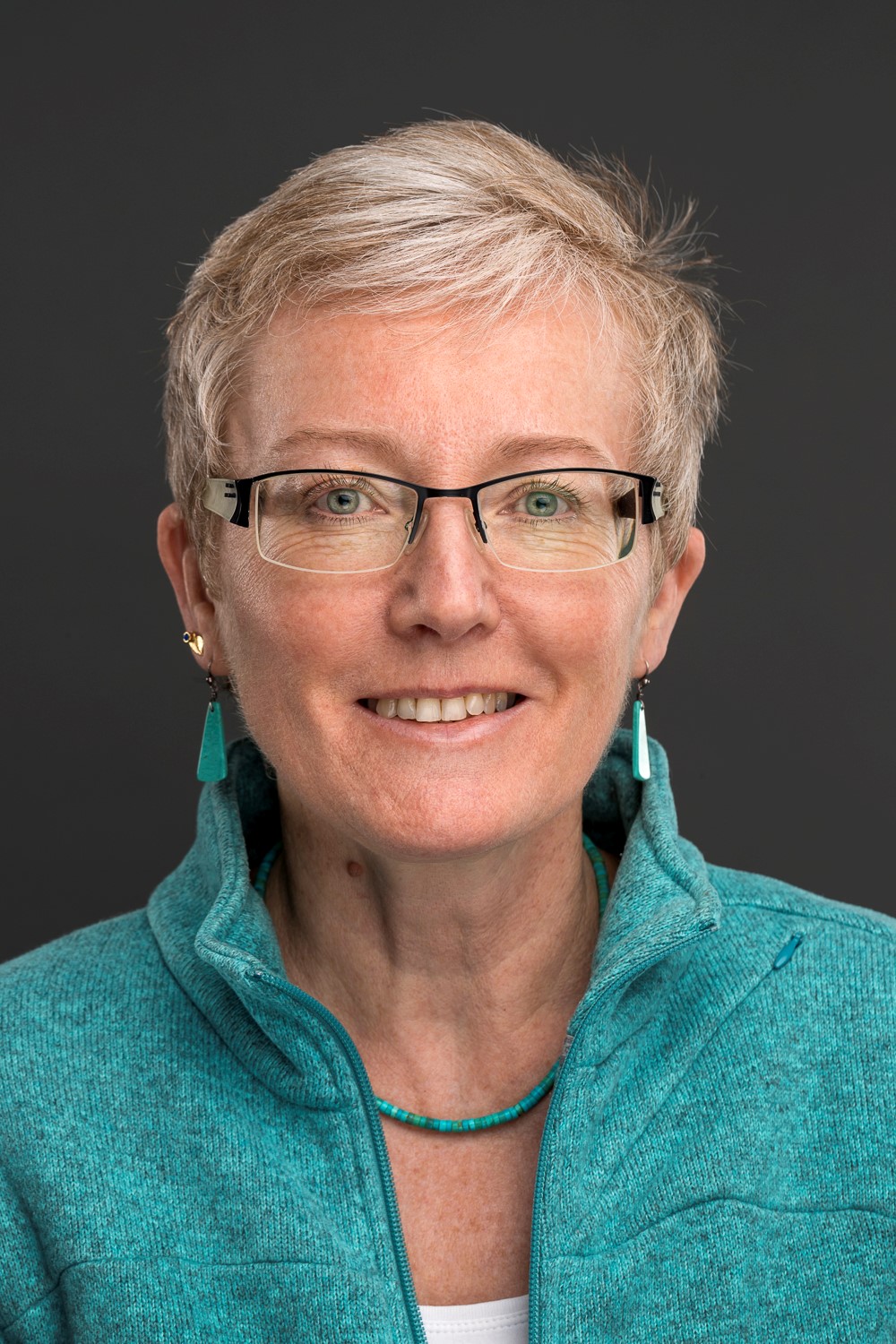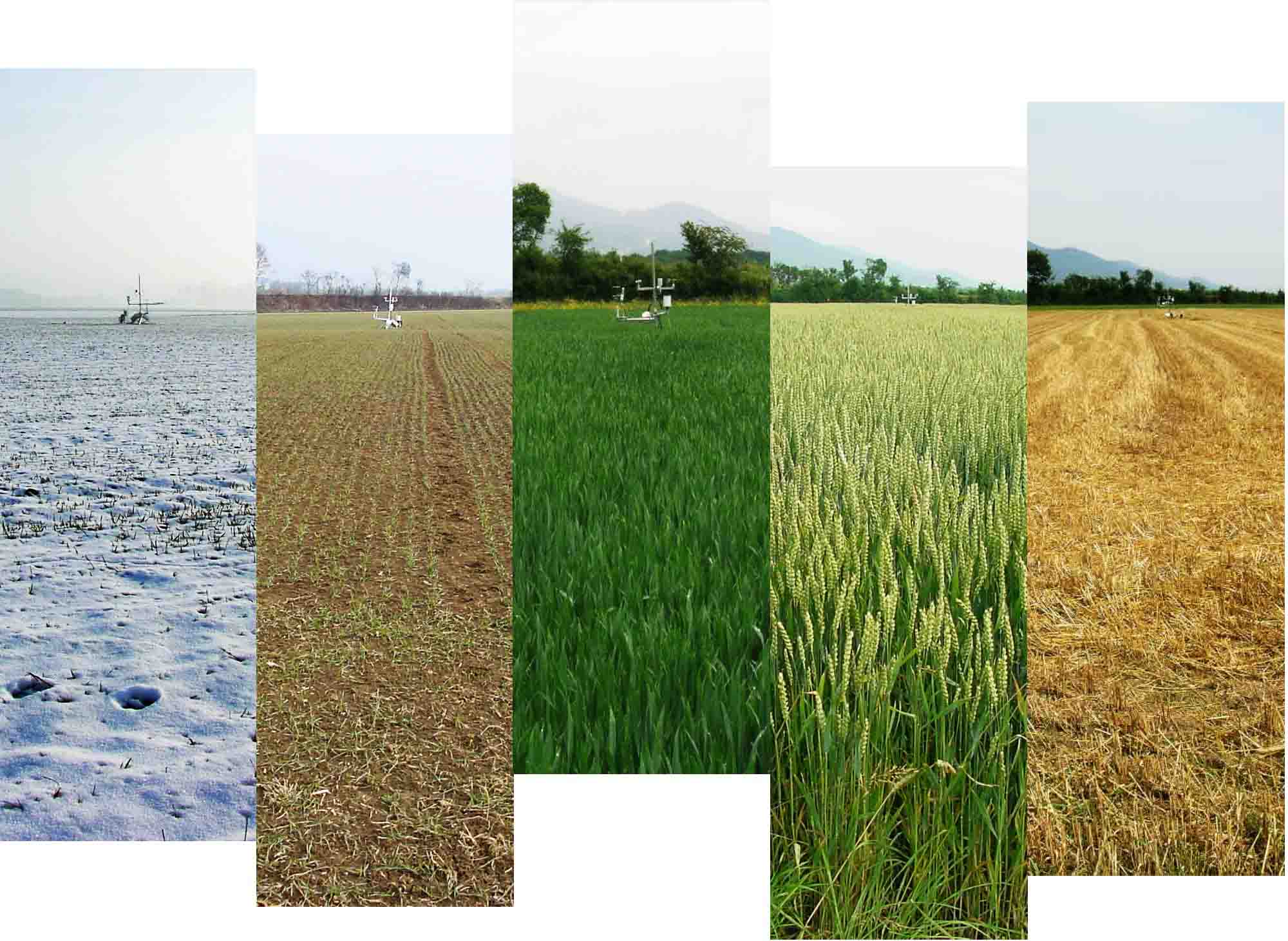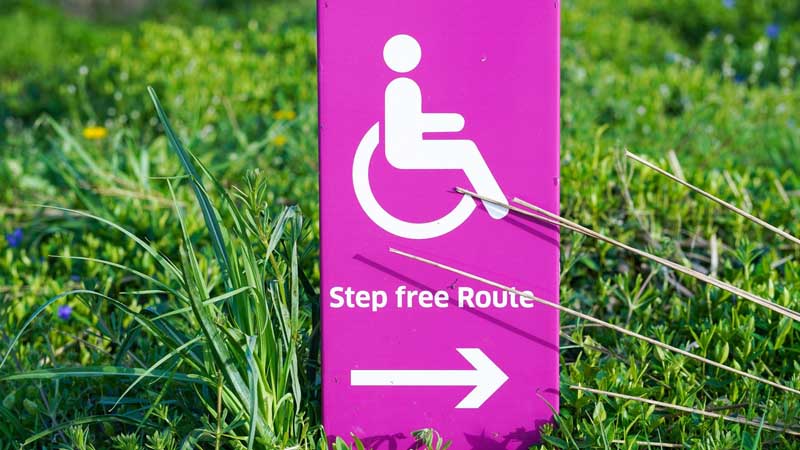Have you eaten today?
We all live from agriculture. That's why everyone has to make a contribution toward greater sustainability, says Prof. Nina Buchmann, MD, a luminary in the field of agricultural sciences.
An interview with Prof. Nina Buchmann, Head of the Department of Environmental Systems Sciences at ETH Zurich.
With her enlightening keynote address "Agriculture and Sustainability: A Contradiction?", Nina Buchmann enthralled the audience gathered to celebrate the 30th anniversary of the Hans Vontobel Prize. In this interview, she relates the challenges that climate change is bringing with it in Switzerland, from the level of the country’s plant life to that of society as a whole.

Prof. Nina Buchmann, Head of the Department of Environmental Systems Sciences at ETH Zurich.
Dr. Buchmann, according to the ETH climate blog, a warming of 2 to 3 degrees by 2050 could in fact have positive effects on agriculture. So is everything really so bad for Switzerland?
No, focussing on a time period is misleading. If this is the path that we are going to be moving along, then we can’t make an abrupt turn from one day to the next. In the most unfavorable scenario, by the end of the century we end up with summers in the Swiss Mittelland 7 degrees warmer than now. That is a dramatic prospect. In addition, calculations also predict 10 to 15% less precipitation by the middle of the century, with temperatures 2 to 3 degrees higher. This will increase the stress on plants, animals and soil and thus put additional pressure on agriculture as well. Bern, we have a problem!
Agriculture accounts for 13% of Switzerland's total CO₂ emissions. How can CO₂ emissions be easily reduced?
There is no easy solution to this complex problem. We have to turn a number of various screws. The basis for this is thinking in terms of systems. There are various options for approaching the issue of CO₂ emissions; many are linked to sustainable economic activity. But striving only to achieve sustainability in agriculture, for example in farming practices, is thinking too short-range. Only in conjunction with societal and economic sustainability will we approach the goal of living sustainably, with less CO₂ emissions. To make this happen, everybody will have to do their part: people who work in agriculture, people in politics and people who buy food.
System thinking or not, you could tackle some individual problems anyway, couldn’t you? Spraying fewer pesticides would be more sustainable, wouldn’t it?
Yes, fewer pesticides would have a positive impact on biodiversity, for example. But would it be right to completely ban pesticides from now on? That would lead to crop failures. In such a case, food prices would be likely to rise, or imports would increase. So you can see that individual measures aren’t effective in isolation. With a gradual reduction, agriculture would have time to adapt and put alternatives into practice.
Why is the debate over agriculture so heated?
Some people demonize agriculture in general. Sometimes I'm tempted to ask them: Did you eat something today? Others have a naive picture of agriculture in its current form. It’s a wonder that the picture-perfect idyll could survive for so long. And to all those people who shut their eyes to climate change, I would like to ask: What do you do when extreme events such as heat waves and drought occur more frequently? Too often, the discussion is conducted at an ideological level rather than a factual one and – to re-introduce the systems idea – people aren’t thinking holistically.
What are the urgent issues that are preoccupying you in your field of research?
There’s a whole bouquet of issues. To pick out one key problem: How can meadows, fields and forests be managed more sustainably and be made resilient to climate change? For example, we are investigating the conditions under which a field either binds or loses carbon. Greenhouse gas footprints are very different for different crops, also depending on the intensity of their farming.
 Measuring station in Oensingen
Measuring station in Oensingen
How do you farm more sustainably?
There are different ways this can be done. Organic fertilizers help with the carbon footprint of an arable field. And biodiversity has a positive impact on grasslands, for example on the quantity, quality and stability of the yield.
The World Food System Center at ETH Zurich is seeking global solutions for a sustainable and healthy diet. Where do you start?
We start in different places: in research, education and public relations. Research projects are always interdisciplinary and scattered around the world. Tef farmers in Africa can benefit from new knowledge about cultivation just as much as Swiss retailers can when it comes to packaging. We also bring researchers and companies from around the world together to find ways to increase sustainability along the food value chain across the entire food system. Even so, we have not yet assured long-term financing of the World Food System Center.
How does a person eat who wants to eat in a sustainable and healthy way?
You focus on diversity, regional produce, and above all on seasonality. The environmental footprint of a cucumber sold in December that was produced in a greenhouse is worse than one grown in a garden in the summer. Eating less meat is also good for the environment – and it’s beneficial for the body as well.
In light of climate change, which foods will we still be able to grow in Switzerland in the future?
Almost everything. We may have to grow other varieties and will probably need to irrigate more. I see potential in genome editing. This could accelerate the normal breeding process in order to increase the resilience of plants against stress. But there is still a lot of research that has to be done.
You seem to be optimistic in spite of the Herculean tasks ahead. What motivates you?
This profession is still a lot of fun for me. I also find it fulfilling to pass on knowledge to the next generation and doing my part in making the world more sustainable.
About Nina Buchmann
Nina Buchmann was born in Heidelberg in 1965, is married and has one daughter. Since 2003, she has been a Professor of Grassland Sciences at the ETH Institute of Agricultural Sciences, and since 2017 head of the ETH Department of Environmental Systems Sciences. She is one of the most cited authors in her field.
About the Hans Vontobel Award
The Hans Vontobel Award recognizes research projects that lead to outstanding discoveries in the field of the agricultural sciences. The award provides crucial stimuli and improves the chances that agriculture will be able to keep pace with the nutritional requirements of a growing global population.
Who are we? How do we live today? And will we still be able to live like this tomorrow? The issue of a sustainable future is preoccupying society more than ever, with engineers, doctors, politicians – each one of us, in fact – seeking answers. This interview with Prof. Dr. Nina Buchmann is one of many contributions that shed light on sustainability from a new, inspiring perspective. We are publishing them here as part of our series "Impact".







